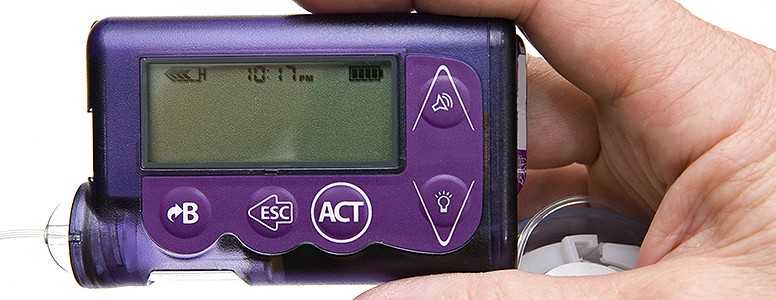Insulin pumps are safe and effective for up to five years in patients with type 2 diabetes who have struggled to control their blood glucose levels with lifestyle changes and medication, according to new research.
The study, conducted by researchers at St. Vincent Hospital, Worcester, Massachusetts, concluded that insulin pumps could be a useful option for people who have failed to control their blood glucose levels through insulin injections.
“Insulin pumps can act as a valuable new treatment option, especially for those individuals failing on current injections regimens,” said Dr. Priyamvada Singh.
Around 30 per cent of type 2 diabetes patients who require insulin injections fail to gain control over their blood glucose levels through daily multiple injections of basal and bolus insulin. In such cases, an insulin pump may provide an effective alternative.
This has been suggested by previous studies. Medtronic’s OPT2MISE trial, which involved 331 patients, noted an average 0.7 per cent improvement in HbA1c when patients who had not responded to basal-bolus injections were provided with insulin pumps.
This study, although much smaller – it involved only 13 participants – had a much longer duration than Medtronic’s six-month trial. In fact, it is the longest ever trial concerning insulin pumps and type 2 diabetes. A lack of long-term data has led to a reluctance to provide insulin pump therapy to people with type 2 diabetes.
But the study found that, over five years, insulin pump therapy can be safe and effective in people with type 2 diabetes.
The study involved 10 men and three women, with an average of 55 years. All participants had HbA1c levels higher than seven per cent, and all were on either an insulin regimen or insulin plus metformin.
After five years, the average HbA1c level had dropped from 8.9 per cent to 7.7 per cent. One participant’s HbA1c dropped from 10.5 per cent to 6.6. per cent. There was a small amount of weight gain, and three participants experienced mild episodes of hypoglycemia.
Each participant then filled in a questionnaire, gauging their satisfaction following the study. The average score for each question was four out five; the questions concerned physical health, social activity and insulin pump performance.
“This patient population [had been] very frustrated because they had tried everything…Most of them were very happy,” said Dr. Singh.
The study is very small, and much larger studies are needed to confirm the findings. According to Singh, this is to be expected at the beginning of a new area of research.
“[I]n medical science, when we don’t have a consensus on something we start with small studies and then try to replicate with bigger studies.”
It also needs to be evaluated whether giving insulin pumps to patients with type 2 diabetes is cost effective.
The findings were presented at the European Association for the Study of Diabetes (EASD) 2015 Meeting.
What's new on the forum? ⭐️
Get our free newsletters
Stay up to date with the latest news, research and breakthroughs.





